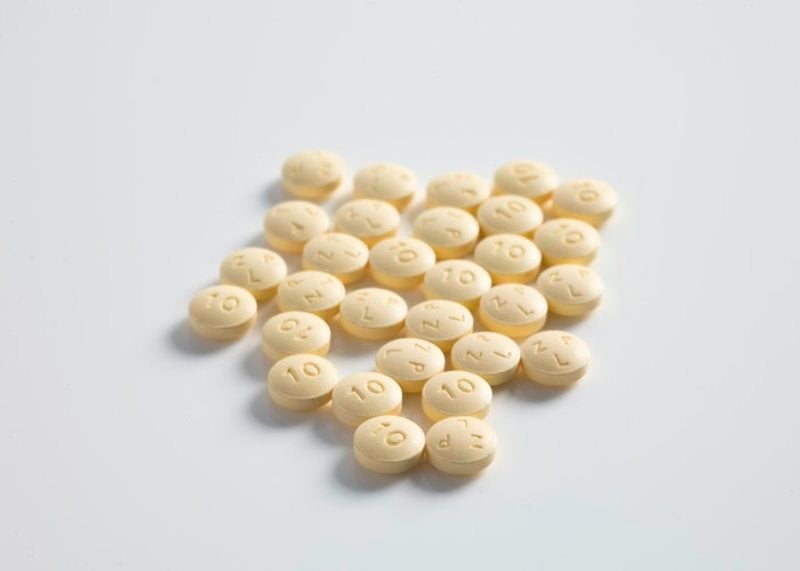
Eli Lilly and Company and its study partner Incyte has reported positive top-line results from the Phase III BREEZE-AD1 and BREEZE-AD2 trials after the studies met their primary endpoints.
Both trials are investigating the efficacy and safety of baricitinib for the treatment of adults with moderate to severe atopic dermatitis (AD).

Discover B2B Marketing That Performs
Combine business intelligence and editorial excellence to reach engaged professionals across 36 leading media platforms.
AD is a chronic, relapsing skin disease that causes intense itching, dry skin, and inflammation on any part of the body.
The latest data shows that a statistically important proportion of patients receiving baricitinib achieved the primary endpoint at week 16 as assessed by the Global Assessment for AD (IGA) score of clear or almost clear as against the patients treated with placebo.
Incidence of treatment-related adverse events and serious adverse events with baricitinib was similar to that of placebo.
Nasopharyngitis and headache were the most common treatment-related adverse events observed during the trials.

US Tariffs are shifting - will you react or anticipate?
Don’t let policy changes catch you off guard. Stay proactive with real-time data and expert analysis.
By GlobalDataThe trials did not report any venous thromboembolic events (VTEs), major adverse cardiovascular events (MACE), or deaths.
Eli Lilly and Company immunology development vice-president Lotus Mallbris said: “Atopic dermatitis is a chronic inflammatory skin disease that can negatively impact the quality of life for patients, and unfortunately there are limited treatment options, particularly oral medications.
“We are encouraged that baricitinib met the primary endpoints in these two studies, and look forward to seeing the collective results of all five studies.”
Baricitinib previously received approval for use in over 50 countries for the treatment of adults with moderately to severely active rheumatoid arthritis (RA).





